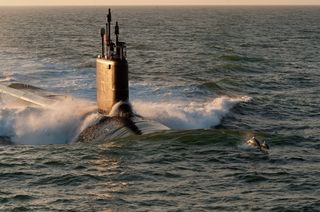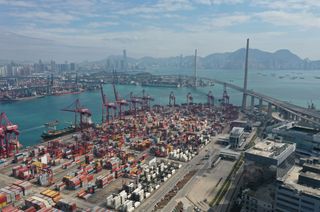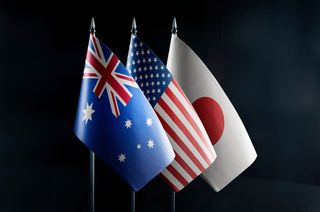The 2011-2012 cohort of postdoctoral fellows presented their research at this mini-conference run over two days.
Thursday May 3
Shawn Treier
The fundamental importance of the 1787 Constitutional Convention is indisputable, not only as a turning point in the history of the United States, but also as an event that continues to affect contemporary politics. The Constitution defines the structure and limits of the American system of government, and it organizes contemporary debates about policy and legal issues—debates that often explicitly invoke the "intent" of the delegates to the Convention. Our work brings the tools of spatial modelling to the analysis of the convention to characterize the structure of issues considered by the convention and the positions of the state delegations and individual delegates on these issues. In doing so, we examine how particular proposals worked their way through the body and the committees that decided the final form of the constitution. Understanding how this agenda unfolds is crucial to understanding the creation of the Constitution and its enduring effect on contemporary politics.
Carrie Hyde
This talk draws on Washington Irving’s short story “Rip Van Winkle” (1819) and its popular reincarnations in the nineteenth century—both substantive rewritings of Rip’s sleep and its figurative afterlife in political discourse—to anatomize the perplexities of early U.S. citizenship. One of the signal insights of “Rip Van Winkle,” I argue, is its dramatization of the uncomfortable disconnect between the bare fact of political membership (citizenship) and the subjective commitments of citizens (allegiance).
Friday May 4
Marc Palen
The late nineteenth century witnessed the massive imperial expansion of the United States and the European powers. The era also saw the development of revolutionary new tools of globalisation; trans-oceanic telegraphs, transcontinental railroads, isthmian canals, and steamship lines were quickly eliminating time and space. Although the world was by no means flat, it was far more interconnected than ever before. As a result, commercial competition reached new heights. Industrialising nations throughout the globe fought internally over whether to implement free trade or protectionist policies in reaction to the phenomena of imperial expansionism, globalisation, and industrial rivalry. All these developments became entwined as the century was coming to a close. The United States chose the road of economic nationalism; Britain chose free trade. I describe how their conflicting choices would have vast global consequences for Anglo-American relations.
Robert Rakove
Most accounts of the relationship between the United States and Afghanistan begin with the cataclysmic Soviet invasion in 1979. The Afghanistan presented in this story is familiar: war-torn and riven by ethnic and sectarian violence. Forgotten is the pre-invasion history of a very different Afghanistan: its relative stability, its often-constructive relationship with the United States, and its unusual status as a nonaligned state in the Cold War. This paper will examine the most critical decade of the pre-invasion relationship: the years of Afghanistan's tenuous experiment in constitutional government.
Between 1963 and 1973, with the encouragement of the United States, the royal government of Afghanistan attempted to respond to popular desire for economic modernization and political reform through the drafting of a new constitution and the establishment of a democratically elected parliament. Though Washington approved of Afghan democratization, for a variety of reasons it failed to grasp the importance of the constitutional experiment. The experiment's sudden end in 1973 held critical and lasting consequences for Afghanistan, its broader region, and the world.
Nicole Hemmer
For the men and women of conservative media, the presidency of Richard Nixon marked a new era. For the first time since modern conservatism emerged after World War II, the candidate they endorsed had won. But how would conservative media navigate their new relationship with power? How would they reshape their oppositional identity and ideological purity in order to function in the more pragmatic realm of practical politics? In this paper, I argue the attempt to build support for a "conservative-enough" candidate weakened the leadership conservative media provided and fractured relationships within and between conservative media outlets. However, the opportunities opened by the administration—regulatory changes, institutional connections, and national conversations about media bias—helped insure conservative media would have political impact long after Nixon's resignation.



